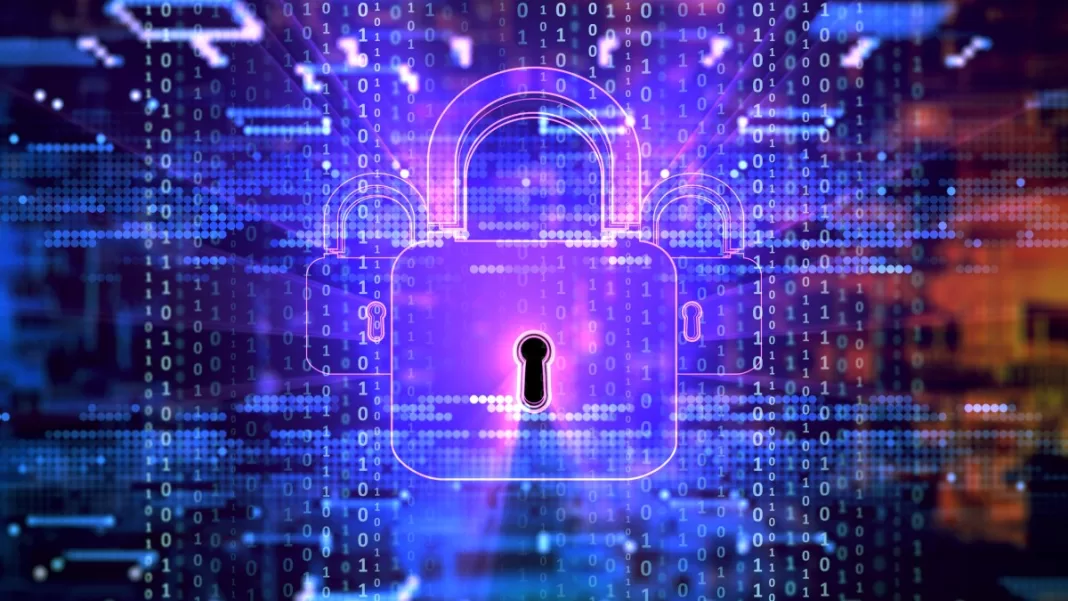Cybersecurity is more than a technical necessity; it’s a cornerstone of building customer trust. With cyber threats on the rise, businesses must prioritize protecting sensitive information to foster confidence and reliability. Vikki Nicolai La Crosse Wi understands that robust cybersecurity measures are essential for maintaining strong customer relationships and enhancing brand reputation.
Understanding The Importance Of Cybersecurity
In an age of increasing data breaches and cyberattacks, cybersecurity has become a critical concern for businesses and consumers. Customers are more aware of the risks of sharing personal and financial information online. As a result, companies that demonstrate a commitment to safeguarding this data can build trust and differentiate themselves from competitors.
Cybersecurity is not only about preventing data breaches; it’s also about creating an environment where customers feel confident conducting transactions and sharing information. By prioritizing cybersecurity, businesses can enhance their reputations and establish themselves as trustworthy partners.
Moreover, effective cybersecurity practices can protect businesses from financial losses, legal liabilities, and reputational damage. By investing in cybersecurity, companies can safeguard their assets and ensure long-term success.
Implementing Strong Security Protocols
One of the most effective ways to build trust through cybersecurity is to implement strong security protocols that protect customer data. This includes using encryption technologies to secure sensitive information, such as credit card numbers and personal identifiers, during transmission and storage.
Regularly updating software and systems is crucial in preventing vulnerabilities and protecting against emerging threats. By ensuring that all software is up-to-date and patched, businesses can reduce the risk of exploitation by cybercriminals.
Additionally, businesses should implement multi-factor authentication (MFA) to add an extra layer of security to user accounts. MFA requires users to verify their identity through multiple methods, such as a password, fingerprint, or text message code, making it more difficult for unauthorized individuals to gain access.
Educating Employees On Cybersecurity Best Practices
Employees play a critical role in maintaining cybersecurity, as they are often the first line of defense against cyber threats. By educating employees on cybersecurity best practices, businesses can reduce the risk of human error and enhance overall security.
Training programs should cover topics such as recognizing phishing emails, creating strong passwords, and safely handling sensitive information. Businesses can develop a culture of security and vigilance by empowering employees with the knowledge and tools they need to protect data.
Regularly updating training programs and conducting security drills can reinforce these best practices and ensure that employees remain aware of the latest threats and how to respond to them.
Communicating Transparently With Customers
Transparency is key to building trust with customers, particularly regarding cybersecurity. Businesses should communicate openly about their cybersecurity measures and how they protect customer data. This includes providing clear and accessible privacy policies that outline how data is collected, used, and protected.
In the event of a data breach, businesses must promptly notify affected customers and provide information about the steps to address the issue. Companies can demonstrate accountability and commitment to customer protection by being transparent and proactive in their communication.
Victoria Nicolai La Crosse emphasizes the importance of clear communication in building customer trust. Businesses can foster confidence and trust by informing customers about cybersecurity measures and promptly addressing concerns.
Building A Resilient Incident Response Plan
Even with the best cybersecurity measures, no system is immune to cyber threats. Therefore, businesses must have a robust incident response plan to quickly address and mitigate any security breaches.
An effective incident response plan should include procedures for identifying and containing security incidents, assessing the damage, and recovering affected systems and data. It should also outline communication strategies for notifying customers and stakeholders about the breach and the steps being taken to resolve it.
Regularly testing and updating the incident response plan can help businesses ensure they are prepared to respond effectively to security incidents. By demonstrating readiness and resilience, companies can reinforce customer trust and confidence.
Leveraging Cybersecurity Certifications And Standards
Adhering to recognized cybersecurity certifications and standards can further build customer trust by demonstrating a commitment to security best practices. Certifications such as SO 27001 and SOC 2 indicate that a business has implemented rigorous security controls and is committed to protecting customer data.
Displaying these certifications on a company’s website and marketing materials can reassure customers that their data is safe. By aligning with industry standards, businesses can enhance their credibility and build a reputation for security and reliability.
Victoria Nicolai recognizes the value of cybersecurity certifications in establishing trust with customers. By adhering to industry standards, businesses can demonstrate their commitment to data protection and create a competitive advantage.
Staying Informed About Emerging Threats
The cybersecurity landscape constantly evolves, with new threats and vulnerabilities emerging regularly. To maintain customer trust, businesses must stay informed about the latest cybersecurity trends and threats and adapt their strategies accordingly.
Participating in industry conferences, subscribing to cybersecurity updates, and collaborating with security experts can
help businesses avoid potential threats and implement adequate security measures. By actively monitoring the cybersecurity landscape, companies can demonstrate their commitment to protecting customer data and maintaining trust.
Furthermore, businesses should consider conducting regular security audits and vulnerability assessments to identify and address potential weaknesses in their systems. By proactively identifying and mitigating risks, companies can enhance their security posture and reassure customers of their dedication to cybersecurity.
Building trust through cybersecurity is essential for businesses seeking to establish strong customer relationships. Companies can create a secure environment that fosters confidence and loyalty by implementing robust security measures, educating employees, and engaging with customers. As Vikki Nicolai La Crosse Wi demonstrates, businesses that prioritize cybersecurity can enhance their reputation and achieve long-term success in today’s digital world.

